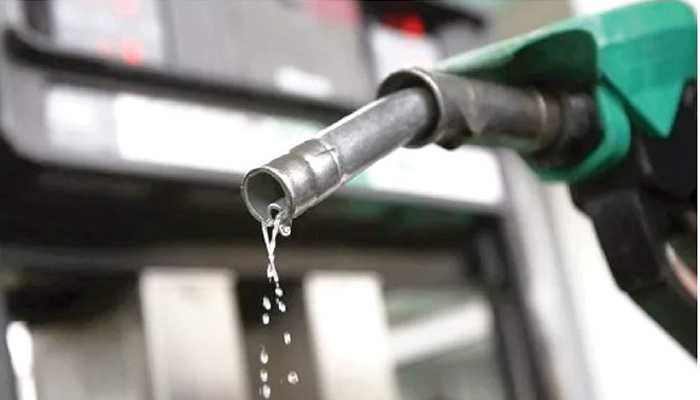Nigeria’s $20 billion Dangote Refinery, once seen as a game-changer for domestic fuel supply, is navigating growing competition and price pressures as fuel imports again dominate the market.
Industry data shows the refinery resumed loading operations Thursday after a week-long halt, with ex-depot petrol prices increasing. While the Dangote Group has not commented publicly on the hike, analysts point to global crude price movements — particularly from the U.S., which supplies roughly half of the refinery’s feedstock — as a likely driver.
The pause in operations last week, triggered by a directive instructing marketers to suspend payments to the refinery’s gantry account, caused uncertainty in Nigeria’s downstream sector, disrupting supply chains and fueling volatility.
Yet the larger challenge for Dangote may be competitive pricing. Importers such as Aiteo and Menj recently undercut Dangote’s depot rates, offering petrol as low as ₦815 per litre, compared with Dangote’s ₦820. Even some filling stations have been able to retail below ₦860, while Dangote-linked outlets hold between ₦865 and ₦875 in Lagos and Ogun.
The pricing squeeze comes as new figures from the Nigerian Midstream and Downstream Petroleum Regulatory Authority reveal a stark reality: imports accounted for over 71% of Nigeria’s petrol supply in May and June, leaving Dangote’s contribution at less than 29%.
Industry observers say the refinery’s initial edge in lowering domestic fuel costs has been blunted by volatile crude sourcing, rising competition, and Nigeria’s continued dependence on imports — a combination that could reshape expectations about the refinery’s short-term impact on the country’s fuel security.

